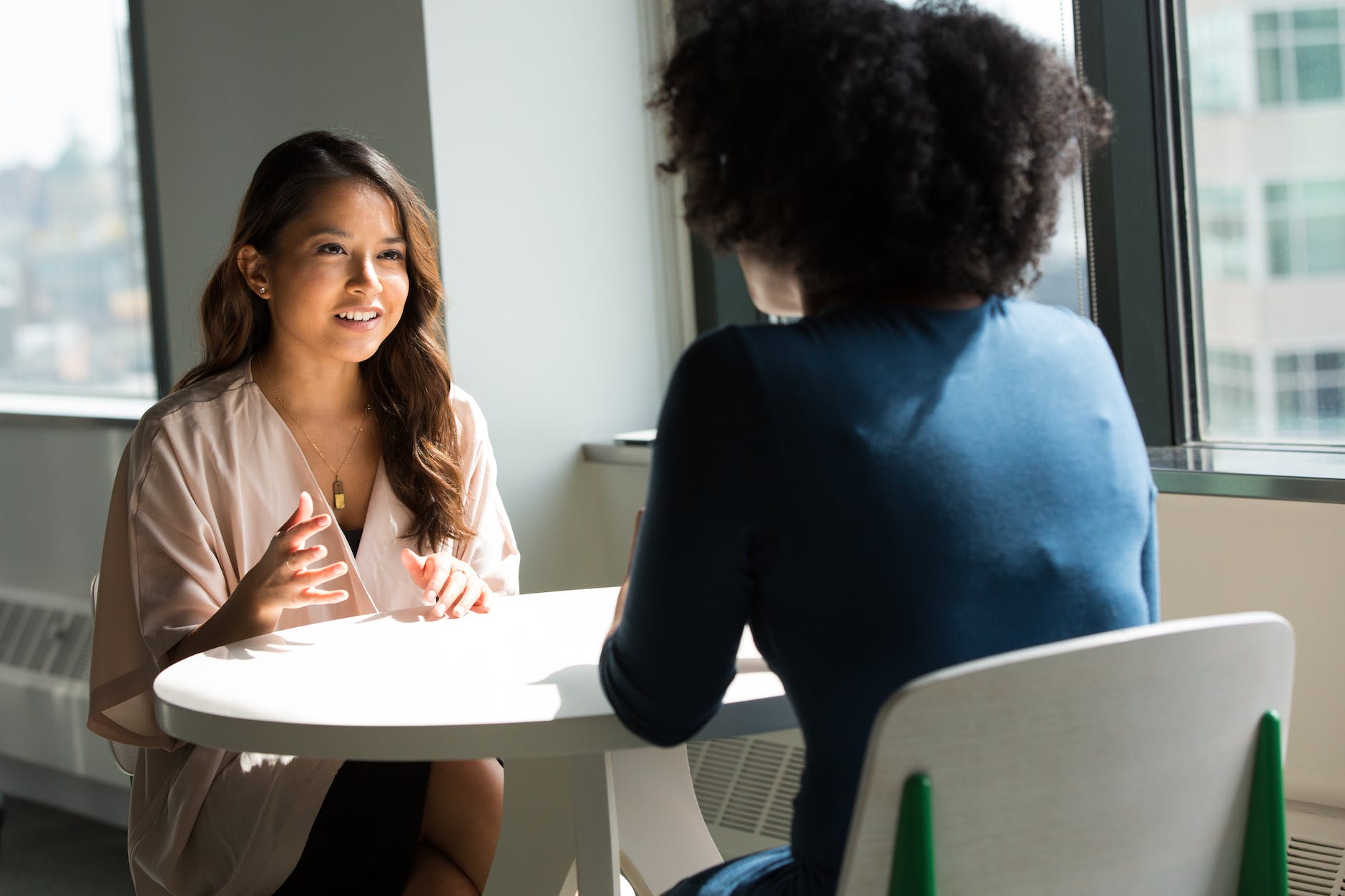TheGrio presents ‘Black & Proud,’ with Yunus Coldman
By alexandreBusiness
TheGrio presents ‘Black & Proud,’ with Yunus Coldman
TheGrio, a digital news platform focused on African American perspectives, has recently launched a new video series titled ‘Black & Proud,’ hosted by Yunus Coldman. The show celebrates black culture, history, and accomplishments while also highlighting the ongoing struggle for racial justice and equality.
Unpacking Black Identity
In the first episode of ‘Black & Proud,’ Coldman explores the complexity of black identity in America. He interviews several individuals who identify as both black and something else, such as Jamaican-American or Afro-Latino. Through their stories, Coldman highlights the diversity within the black community and the importance of recognizing and celebrating these different identities. He also discusses the impact that systemic racism and discrimination have had on shaping black identity and the need to continue fighting for equity and justice.
Coldman also touches on the concept of “black pride” and how it can be both empowering but also controversial. He delves into the history of the Black Power movement and its emphasis on reclaiming blackness and rejecting white standards of beauty and success. He also acknowledges the criticism that black pride can sometimes lead to exclusionary attitudes and anti-blackness within the community.
Overall, the episode encourages viewers to reflect on their own relationship with black identity and how they can support and uplift all members of the community.
Exploring Black Art and Culture
In the second episode of ‘Black & Proud,’ Coldman turns his focus to the rich history of black art and culture. He interviews several artists and creatives who draw inspiration from black history and traditions, including musician Anderson .Paak and poet Sonia Sanchez.
Through these conversations, Coldman highlights the ways in which black art and culture have been both influenced by and have influenced American society as a whole. He also emphasizes the importance of preserving and celebrating these cultural traditions, which have often been marginalized or erased by mainstream culture.
The episode also touches on the ongoing debate over cultural appropriation and the exploitation of black culture by non-black individuals and companies. Coldman discusses the importance of acknowledging the origins and significance of black cultural practices and calling out instances of appropriation or erasure.
Black Activism and Community Building
In the third episode of ‘Black & Proud,’ Coldman shifts his focus to black activism and community building. He interviews several leaders in the black community who are working towards social justice and equality, including Black Lives Matter co-founder Patrisse Cullors and activist Tamika Mallory.
Through these conversations, Coldman highlights the power and importance of collective action and community organizing in achieving meaningful change. He also discusses the challenges and obstacles that black activists face, including police brutality and government surveillance, and emphasizes the need for continued resistance and resilience in the face of these threats.
The episode also touches on the importance of building strong and supportive communities within the black community, particularly in the face of systemic racism and discrimination. Coldman encourages viewers to take action in their own communities, whether through volunteering, donating, or organizing, in order to create positive change.
The ‘Black & Proud’ series is an important and timely addition to the ongoing public conversation about race and identity in America. Through thoughtful interviews and insightful commentary, Yunus Coldman and his guests offer a nuanced and multifaceted exploration of black culture, history, and activism. The series reminds us of the richness and diversity of black identity and the ongoing fight for justice and equality.
By highlighting the stories and experiences of black individuals and communities, ‘Black & Proud’ challenges us to confront our own biases and prejudices and to work towards a more just and equitable society.





